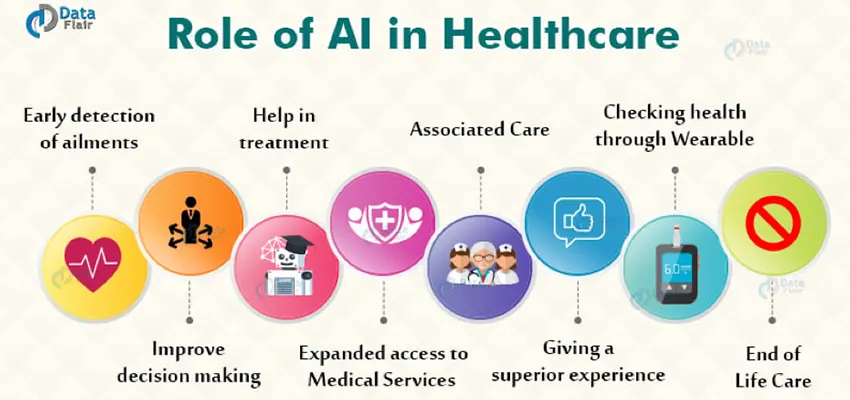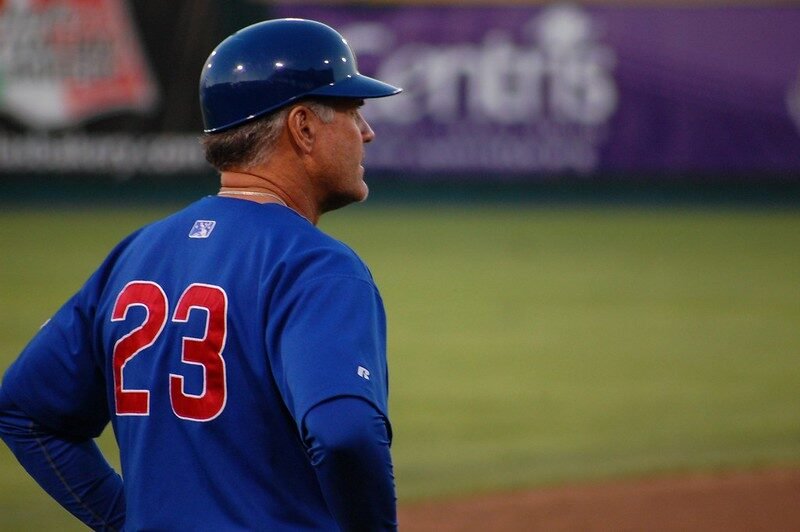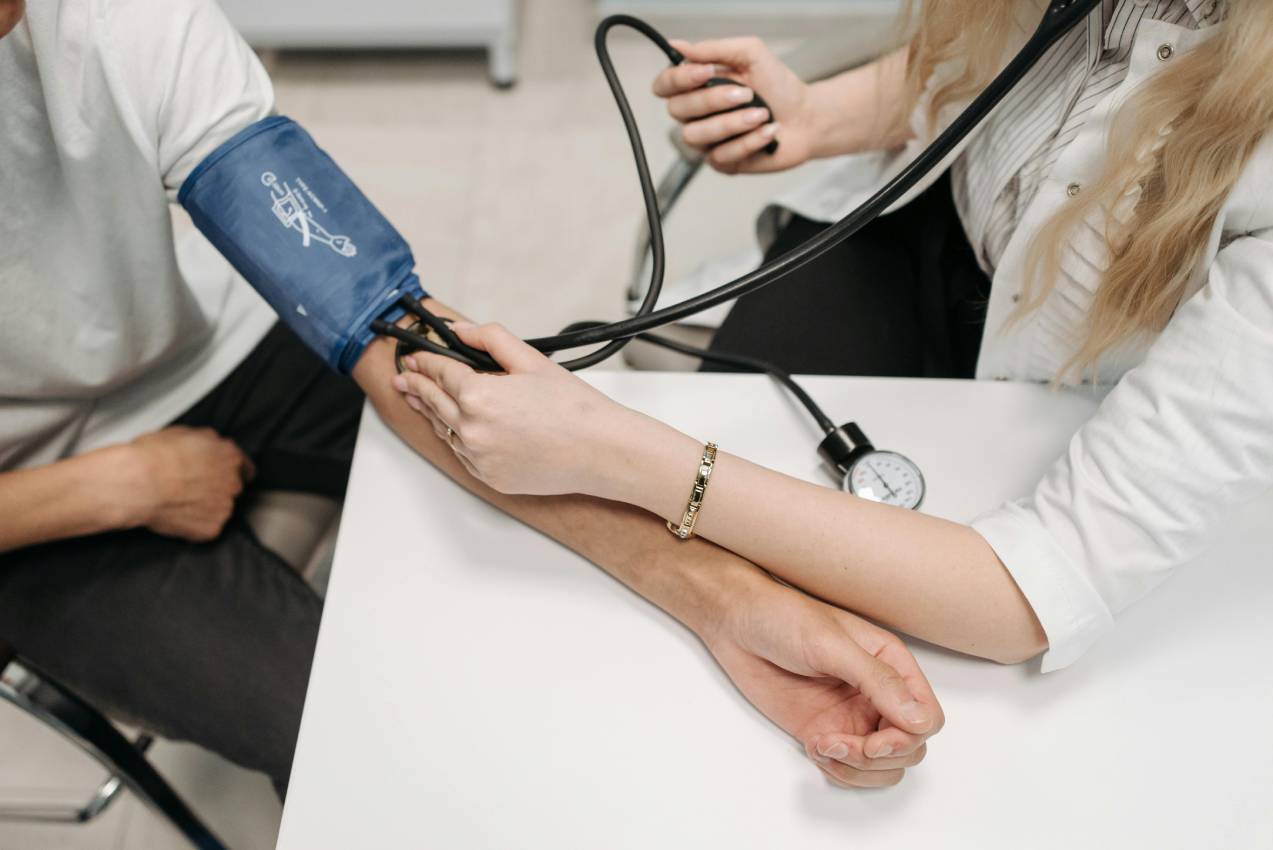Rural Nebraska Clinic Closes Its Doors Ahead of Medicaid Cuts
Residents of Curtis, Nebraska—fewer than 1,000 people strong—just lost their local clinic, a fixture in the community for over 30 years. This isn’t just a medical center shutting down; it’s a lifeline that connected neighbors, friends, and families to basic healthcare closing because of federal policy changes.
What’s Happening
Curtis Medical Center, operated by the McCook-based Community Hospital, will gradually wind down services. CEO Troy Bruntz shared a heartfelt statement: “The current financial environment, driven by anticipated federal budget cuts to Medicaid, has made it impossible for us to continue operating all of our services, many of which have faced significant financial challenges for years.”
Who It Affects
This small clinic served retirees, low-income families, and workers—folks who relied heavily on Medicaid. Without it, they now face a long drive—often over an hour—to access care. For older residents especially, that trip could be challenging, risky, and even lifesaving.
The Bigger Picture
Curtis may be the first domino. Health officials warn that at least six rural Nebraska hospitals teeter on the brink, and potentially three could shut or convert to smaller “rural emergency hospitals” within a couple of years once cuts kick in
The Congressional Budget Office estimates that this “big, beautiful bill” could slash over $1 trillion from Medicaid & CHIP in a decade—putting around 17 million people at risk of losing health coverage
National Impact
A broader AP analysis shows more than 300 rural hospitals nationwide are vulnerable, with states like Kentucky projected to lose billions—leading to 35 closures in that state alone
Critics say the temporary $50 billion rescue fund for rural hospitals is a band-aid, not a solution
Putting a Human Face on Policy
Imagine a retired couple missing regular check-ups, or a truck driver ignoring a persistent cough because care is now two counties away. That’s not an abstract statistic—it’s real people, real struggles.
Troy Bruntz and community leaders are sounding the alarm: this clinic’s closure isn’t isolated—it’s the first chapter in a story that could reshape healthcare in rural America.
What You Can Do
Stay informed: Follow how your state’s delegation votes on Medicaid.
Speak up: Contact lawmakers to share personal stories about healthcare access.
Support rural health groups: Advocate for sustainable funding beyond one-time fixes.






